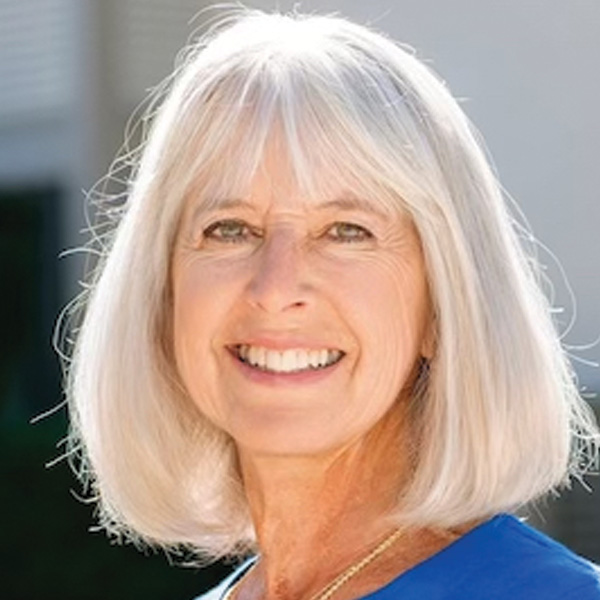by Karin Ash
Selecting the Right PhD Program
If you are thinking about applying to a PhD program, then you are probably already familiar with the research process, either because you conducted research with professors as an undergraduate, or you earned (or are earning) a master’s degree with a thesis requirement. If you have little or no research experience, then you will position yourself better to succeed in your pursuit of a PhD if you first apply to a master’s degree program that requires you to conduct research.
If you have research experience, your survey of the literature will have revealed the names of professors who are exploring issues that align with your interests. Make a list of those professors, and do your homework about where they are currently teaching and/or researching. You can also ask your current professors or a previous professor with whom you have a relationship to make program recommendations to you, given that they likely have connections with colleagues at other universities. One of the most important aspects of your PhD application is that your research experience should align well with professors in your target department.
Once you have a list of schools, read the department faculty bios. It’s risky to apply to a university that has only one professor of interest to you. That professor could go on sabbatical or transfer to another school, and you’d be left with no one to supervise your work. I encourage you to reach out to professors, provide them with a summary of your research experience, and ask them whether they plan to accept PhD candidates into their research group the year of your enrollment. Their support would positively influence your chances for admission. Although university graduate admissions committees initially screen applicants for eligibility, they then disperse the applications to the appropriate academic departments. The department professors are the ones who make the final decision on a candidate’s admission.
How important are a school’s ranking and reputation? It’s always helpful to come from a school that has a great reputation and brand, but in the case of a PhD degree, the most important factor is finding professors who align with your research goals. Nothing else comes close to being as critical for admissions success.
In addition to contacting professors, you could use LinkedIn or undergrad alumni resources to connect with students and recent graduates. Learn about their experiences in the program and whether they would recommend it. They might also provide you with “inside” information that could help you in writing your statement of purpose. You can ask the admissions department for referrals to students – sometimes there is a cadre of admissions ambassadors prepared to respond to your inquiries.
Here are two other factors to consider:
- What are your career goals? Are you planning to work in academia? In industry? Research where the graduates of the program are finding jobs; employment reports are usually posted online. Find out whether there are graduates working in the type of setting for which you are aiming.
- What financial support is provided or available for your tuition and living expenses, your research projects, and for attending conferences to present your research?
Earning a PhD can take up to seven years. Investing time and energy now to thoroughly understand your options is well worth the effort.
With 30 years of career/admissions experience at four universities, including Cornell’s Johnson Graduate School of Business and College of Engineering, Dr. Karin Ash has met with thousands of recruiters seeking to hire the best students from leading schools. She has served as an admissions committee member, ensuring that the applicants who ultimately enroll are a good fit for the program and prime candidates for employers. Karin has been a consultant with Accepted for eight years and has facilitated candidates’ entry into top engineering, data science, MBA, and other STEM graduate MEng, MS, and PhD programs. Her clients have been accepted to MIT, the University of Chicago, Harvard, Stanford, Columbia, UPenn, and USC. Want Karin to help you get Accepted? Click here to get in touch!
Related Resources:


